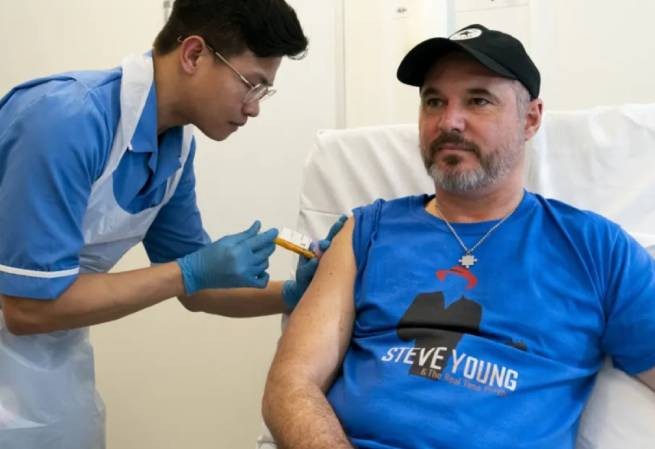“Imagine a box where you put a sperm and an egg, and five days later an embryo comes out,” says Santiago Mune (Σαντιάγκο Μουνέ), geneticist and chief innovation officer at Overture Life, which is taking the first step towards automating in vitro fertilization. (ECO).
Last spring, a group of engineers from Barcelona sent a sperm injection robot to New York. Scientists at the New Hope Clinic in New York have assembled a robot consisting of a microscope, a mechanical needle, a tiny petri dish and a laptop.
In total, more than a dozen eggs were fertilized with the help of the robot. As a result of this procedure, two girls were born, who, according to the researchers, became the first people after such a process.
Management robot startup Overture Life states that “the device is the first step towards automating in vitro fertilization (IVF) and has the potential to make the procedure less expensive and far more common than it is today, bringing hope to tens of thousands of women and men around the world.”
Scientists claim that the whole process can be carried out automatically or almost automatically. Overture, for example, has filed a patent for a miniature IVF lab with hidden “reservoirs” containing fluids for the growth and development of an egg in it, as well as tiny channels through which sperm can be “delivered”. Scientists, by the way, note that they will soon be able to create eggs and sperm from skin and blood cells.
Santiago Mune believes that if IVF could be done on a benchtop scientific instrument, patients might never have to visit a specialized clinic where a single IVF attempt can cost $20,000 in the US.
Instead, he says, a woman’s eggs could be injected directly into an automated insemination system in a gynecologist’s office.
The MIT Technology Review mentions other startups with similar goals, including AutoIVF, IVF 2.0, Conceivable Life Sciences, and Fertilis. Some of them are associated with university laboratories.
So far, Overture has raised about $37 million from investors including Khosla Ventures and Susan Wojcicki, the former CEO of YouTube. The main goal of automating IVF, entrepreneurs say, is simple: “beget as many children as possible.” Around 500,000 IVF babies are born worldwide every year, but most people trying to have them either don’t have access to fertility drugs or can’t afford them.







More Stories
Where will Greeks go for Easter: the best domestic and foreign destinations
Fine 1200 euros for the bad habit of Greeks at Easter, who is at risk
UK: human trial of melanoma vaccine started